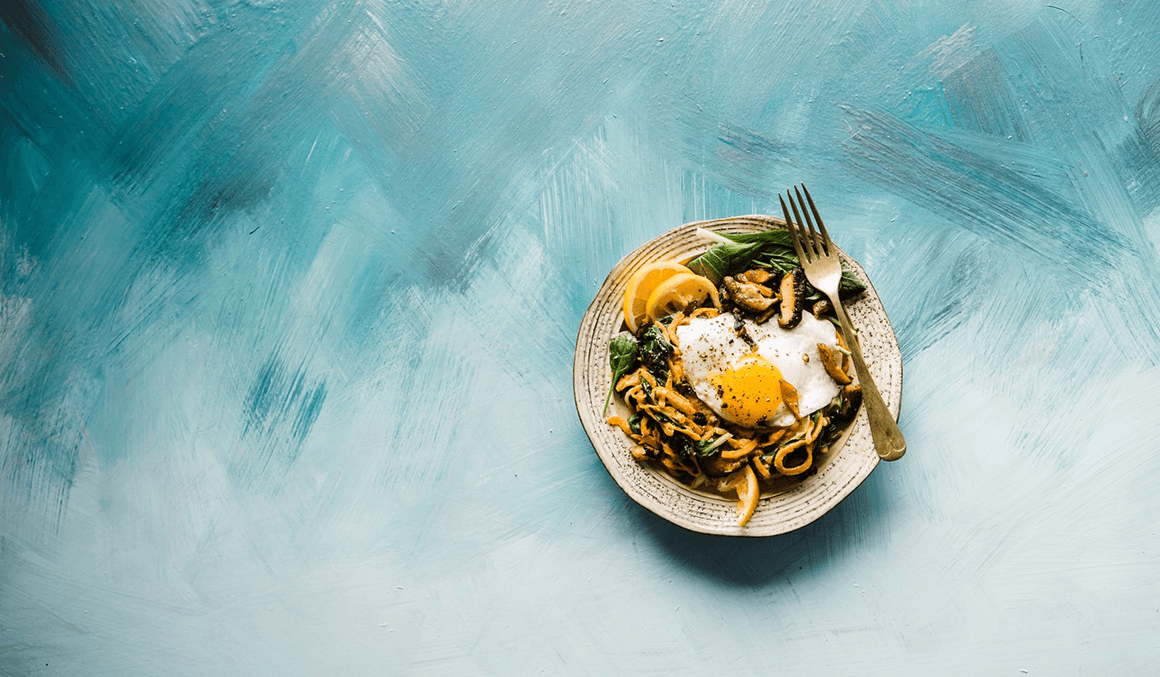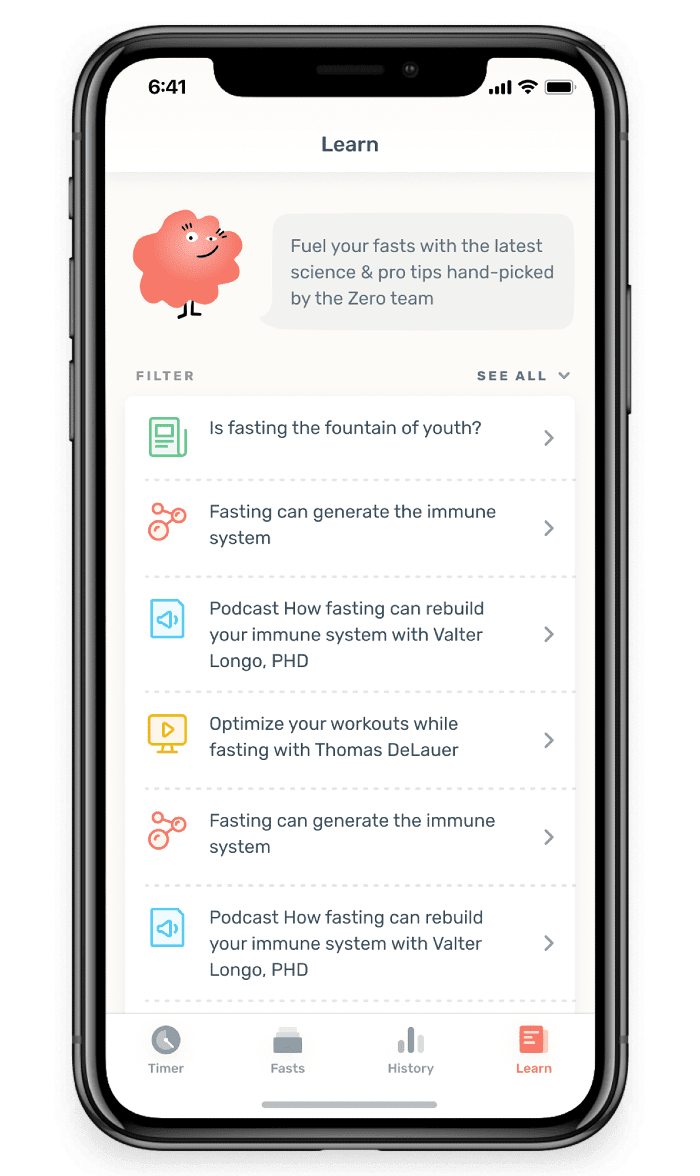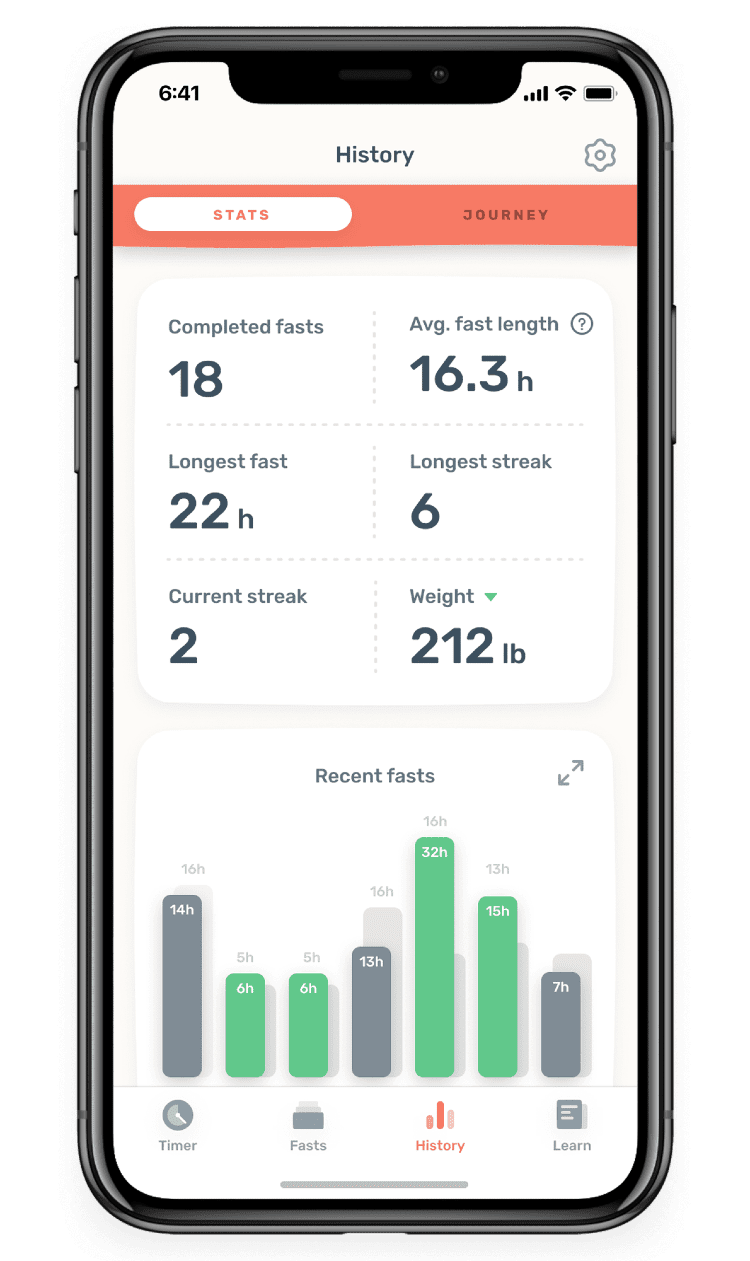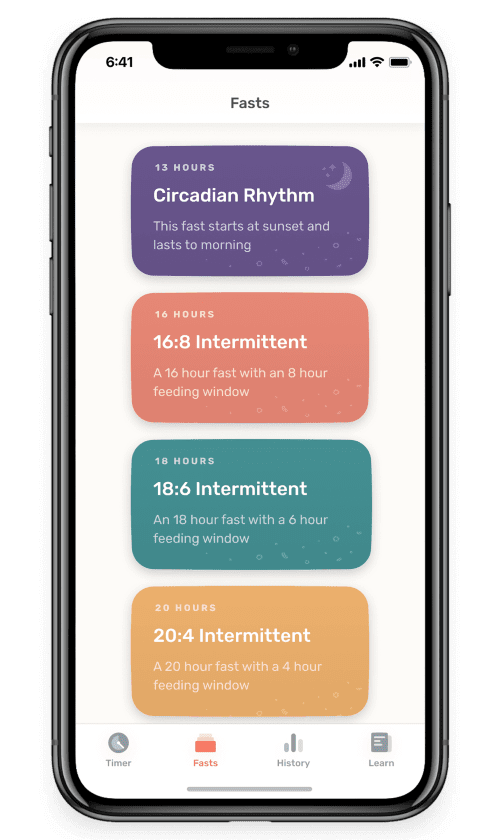Gut Health: How To Improve Your Microbiome (And Why It’s Important)
A famous ship of war docks at harbour. It has sailed the world, encountering dangerous obstacles, sustaining near-catastrophic damage and piece by piece had the rot and ravage of its ocean excursions repaired. Is the ship that sits in the harbour the same ship that set sail in the beginning?
The “Ship of Theseus” thought experiment, also known as “Trigger’s Broom” for Only Fools and Horses fans, is an interesting way to spend an afternoon of reflection but could also be the key to understanding our health. Traditional medicine looks at the body as a static, predictable entity. A patient’s blood biochemistry, body biometrics and brain IQ sit somewhere on a Gaussian distribution, waiting to be categorised and treated. But could this idea be a false start? What if the most important markers for health are not as easily determined? What if there is a hidden level of health which we barely notice, let alone understand?

The Vitruvian Man (The proportions of the human body according to Vitruvius), or simply L’Uomo Vitruviano, is a drawing made by the Italian polymath Leonardo da Vinci around 1490.
Why do we recover from physical exertion slower as we grow older? Why do medicines sometimes work really well for us and sometimes not at all? Why do we feel down despite our best efforts to fight our moods? The answers to these questions might exist on an as yet undiscovered and unappreciated level of biology.
Much like the discovery of countless exoplanets in the known universe with their own “Goldilocks” zones has put the cat amongst the pigeons in the world of astronomy, our understanding of our own personal biological “galaxy” is raising more questions than we have answers for. An example is The Human microbiome: an ecosystem of organisms that live within the tissues of our organs and which is being linked with almost every aspect of our daily functioning. There are at least as many of these organisms as there are our own cells – the numbers are in the trillions: collectively they could weigh as much as our brain. Little is known about how this complex microcosm develops after birth but recent research has shown far-reaching implications about who or what we are.
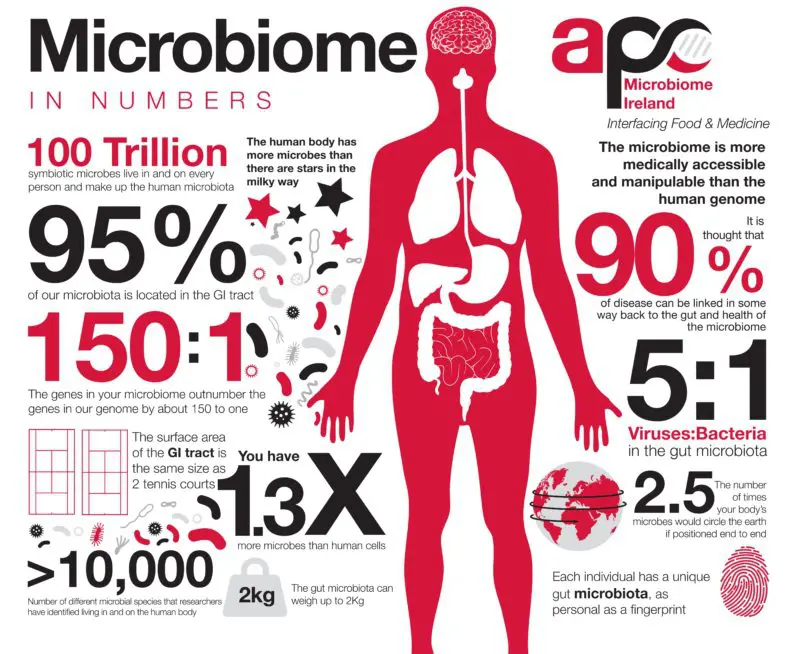
Microbiome in numbers. Source: worldmicrobiomeday.com
We know that the microbiome has a role in our immune systems, our brain function, our gut absorption, our moods and whether we develop cancer or not. Recent research such as the Human Microbiome project has attempted to map and identify the different organisms that make us who we are.
The future holds fascinating prospects for this aspect of science, but we have a long way to go. While our understanding and research of the complex relationship between micro- and macro-organism is furthered, I don’t think it would hurt to take some time out and protect your microbiome. Here are some top tips.
How to look after your microbiome
Avoid processed foods
This is probably the best understood advice I give. Sugar and processed foods feed the “bad bacteria” in the gut causing overgrowth and problems with digestion. It also leads to heart disease, diabetes and cancer.
Fibre
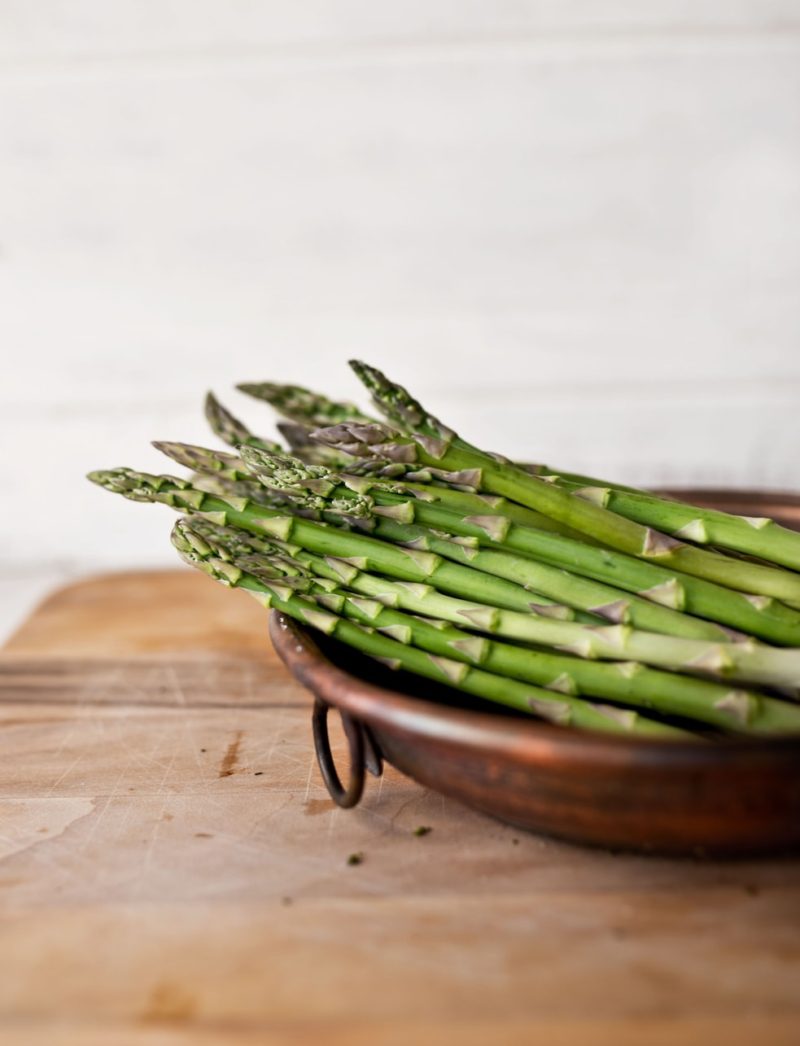
Think of this as the food for your gut bacteria or “prebiotic”. Natural fibre might have a role in maintaining gut health and ensuring your microbiome can function effectively. Use fruit and vegetable as a source and also try over-the-counter fibre supplements such as isphagula husk.
Fasting
Intermittent fasting has gained astonishing support in the last 12 months and I now recommend it to my patients. It helps with weight loss and general gut health. Although it’s not known how this effect is achieved, it’s thought that the gut needs “recovery” time to get rid of toxins, reduce inflammation and clean itself. If you are constantly eating, you’re not giving the gut a chance to do this. Try fasting app Zero and or a 16:8 fast regime (16 hours fasting and 8 hours eating) and see how you get on.
Probiotics
Fermented foods are packed full of bacteria which might have a role in “backing up” your gut flora, thereby preventing overgrowth of microorganisms that could be harmful. Send in the reinforcements by trying milk Kefir, unpasteurised cheese, kimchi, kombucha or any probiotic yoghurt. You can also get probiotic tablets from health shops.
Polyphenols
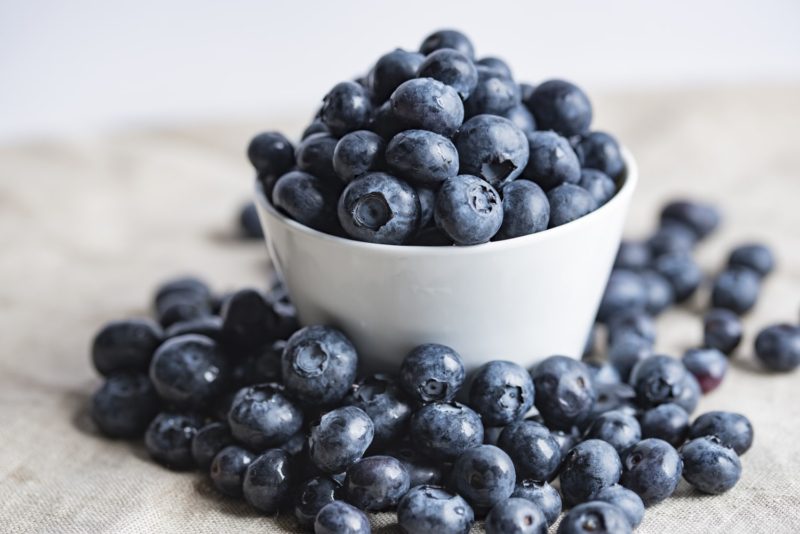
Compounds called Polyphenols are thought to help good bacteria and prevent growth of bad bacteria. Foods high in these are coffee beans, dark chocolate, cacao beans, blueberries, blackcurrants, rosemary and thyme.
Avoid antibiotics
The old mantra of antibiotic avoidance is now multi-faceted: not only does reducing antibiotic use prevent killer drug-resistant bacteria from developing, it may also improve the health of your microbiome. Administering a “Domestos”-type solution into your gut can have devastating effects on your gut bacteria, which can take some time to recover from. Only use antibiotics when they are urgently needed, and always under the advice of an health professional.
Watch this space for more news on the microbiome, and in the meantime spare a though for the galaxy that exists inside you.
